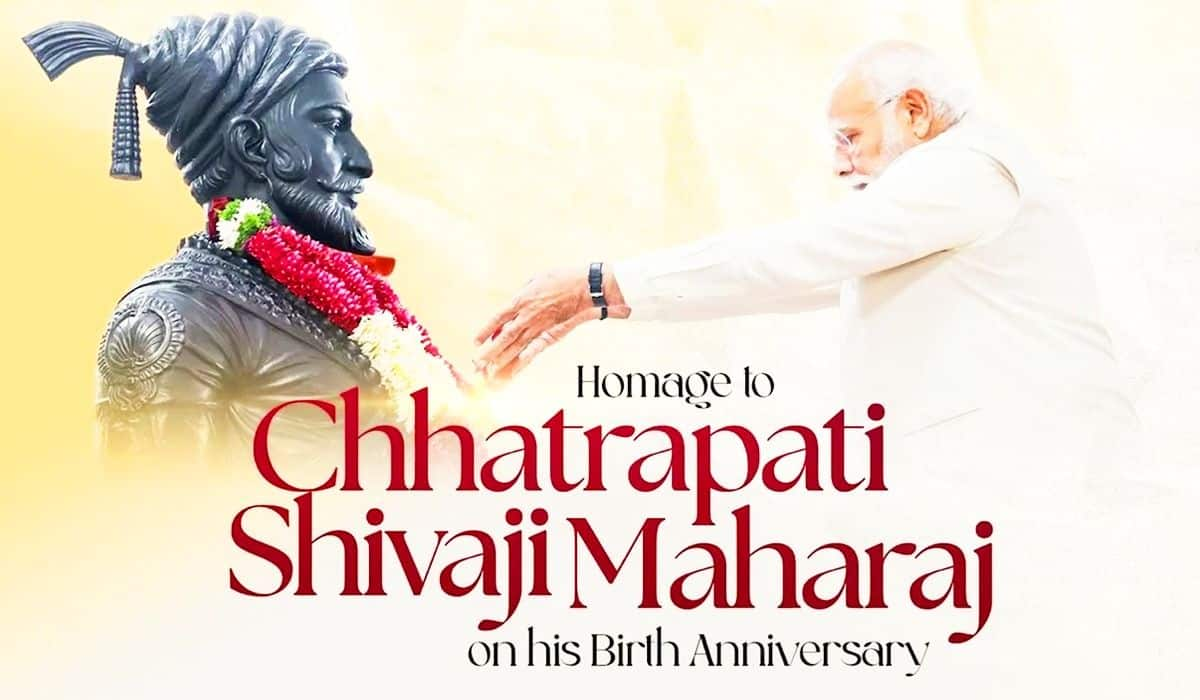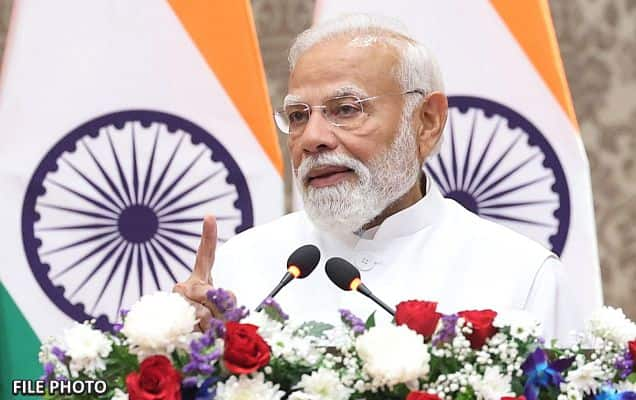Shri Modi described trust as the precondition of good governance and he stressed on building institutions rather than concentrating on individuals. He said, “Institutions cannot be people centric. We have made things centered around people…if one family goes away this will happen…but is this our nation? The need is to institutionalize ideas and good practices. We should create network of institutions. A person may be there or not but the framework must remain.” He added, “Stronger these institutions, the better things will work. A person may slip and in those times it is the institutions that saves things.”

The Chief Minister stated that more than political interference, what is needed is political intervention. “Political interference harms good governance but political intervention encourages people’s participation,” said the Shri Modi. He also added that had the current leadership in the Centre emerged from the ground, there would be no policy paralysis. He spoke on the importance of Lok Bhagidari and shared that any policy that the Gujarat Government brings out is placed online so that people can see it and give their feedback. He gave the example of Pani Samitis in Gujarat where people participation has mitigated the water crisis and at the same time empowered women in Gujarat. “In Government there is only accountability of commission, no accountability of omission and we need to change that…we need to shift the focus from procedure audit to performance audit.” He affirmed that outcome, rather than output or outlay must be the emphasis.

Speaking about good governance, Shri Modi recalled that Lokmanya Tilak had said ‘Swaraj is my birthright and I shall have it,” but now we should also state, “Su-rajya is our birthright and we must have it.” Shri Modi said that it is incorrect to keep blaming democracy for our problems and he shared that his Gujarat experience has shown that with the same system, laws, officials it is possible to bring change.




















